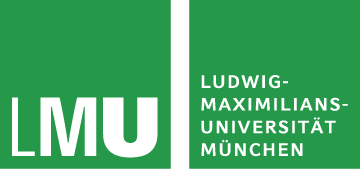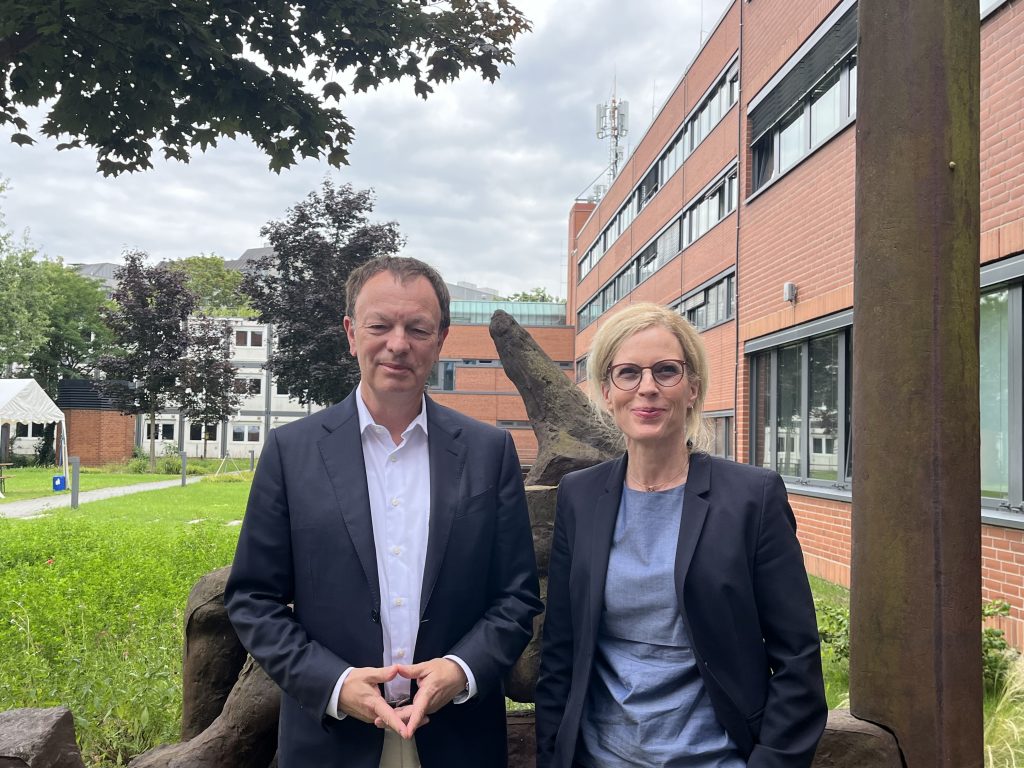Month: July 2025
Novel functions controlled by bacterial epigenetics in the stomach pathogen Helicobacter pylori
New Publication in mBio
Bacterial epigenetics and novel functions controlled by DNA methylation are an emerging topic in infection research. The research group led by Prof. Dr. Sebastian Suerbaum, with shared first authors Wilhelm Gottschall and Dr. Florent Ailloud, in collaboration with Prof. Dr. Christine Josenhans, investigated the function of the conserved methyltransferase M.Hpy99XIX in Helicobacter pylori that recognizes and methylates the motif ATTAAT. The stomach bacterium H. pylori is one of the most versatile infectious agents, using bacterial epigenetics and DNA methylation for diverse purposes, yet the diverse functions remain poorly understood. Now, the researchers found that ATTAAT methylation is heavily involved in genome-wide bacterial gene regulation. Particularly iron/metal-ion homeostasis, which is extremely important in the restricted habitat of the human stomach, is maintained and regulated by the specific MTase. Intriguingly, the group also collected evidence that two separately evolved branches of H. pylori, isolated from human patients with different, omnivorous (ubiquitous) or carnivorous (hardy) lifestyles, have either adopted the MTase function for regulating ion homeostasis, under rather iron-restricted living conditions, or have evolved other pathways, without this regulatory MTase, to cope with nutrition conditions of frequent metal ion surplus.
These findings underscore the importance of epigenetic regulation in bacterial physiology and support a role for methylome diversity and flexibility in the ecological divergence of H. pylori subtypes.
The full article is freely available at: https://journals.asm.org/doi/10.1128/mbio.01209-25


